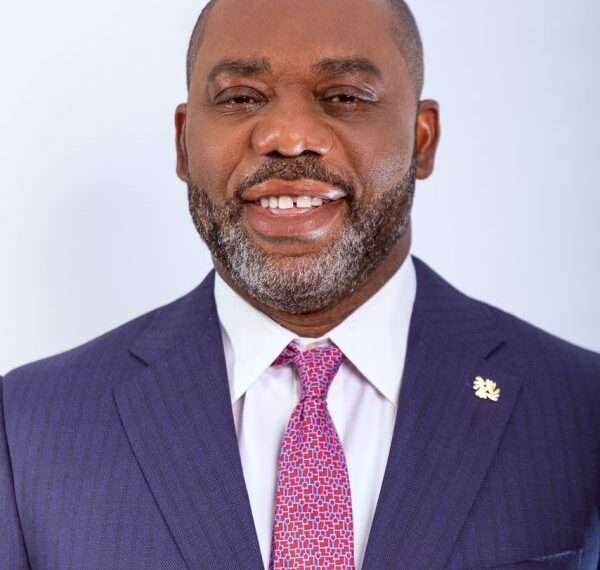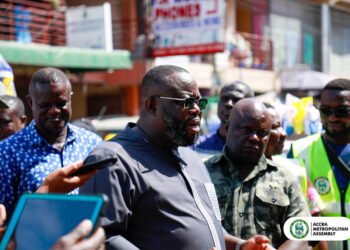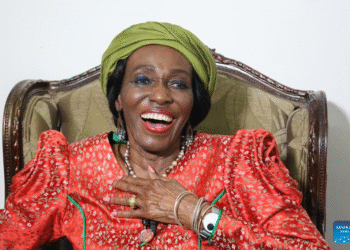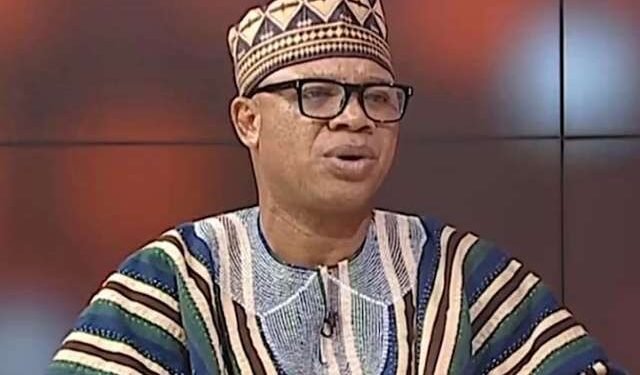The recent revelation that the National Intelligence Bureau (NIB), formally Bureau of National Investigation conducted a survey concerning the selection of a running mate for the New Patriotic Party’s (NPP) Presidential Candidate, Dr Mahamudu Bawumia, has sparked widespread public concerns.
Leading civil society leaders and political activists have among several things, questioned the rationale behind the move, raising concerns over the misuse of state resources and the potential for misprioritization by the state investigative body.
Critics argue that the National Intelligence Bureau’s involvement in what is considered an internal party matter represents a worrying diversion from its core mandate.
The National Intelligence Bureau, traditionally tasked with ensuring national security and assessing political stability around election periods, is now accused of venturing into partisan territory.
This has led to allegations that President Akufo-Addo’s administration is using state institutions to further political interests.
Bernard Mornah, Convenor for the Arise Ghana Movement and a well-known political activist, while condemning the move by the state intelligence body, expressed his dismay at the move.
Mr Mornah pointed out that the National Intelligence Bureau’s mandate includes assessing political situations to ensure peace and stability before, during, and after elections.
He expressed concern that surveying to benefit a specific political party deviates dangerously from this mandate.
“As to why the National Intelligence Bureau will expend resources on a matter that is purely internal should just tell you that President Akufo-Addo actually aims at using every state institution to do his bidding”.
Bernard Mornah, Convenor for Arise Ghana Movement
According to him, it is dangerous for the Bureau to embark on a survey whose sole aim was to benefit the New Patriotic Party, stressing that the National Intelligence Bureau’s perceived shift from national to partisan interests portends fear of the erosion of institutional integrity.
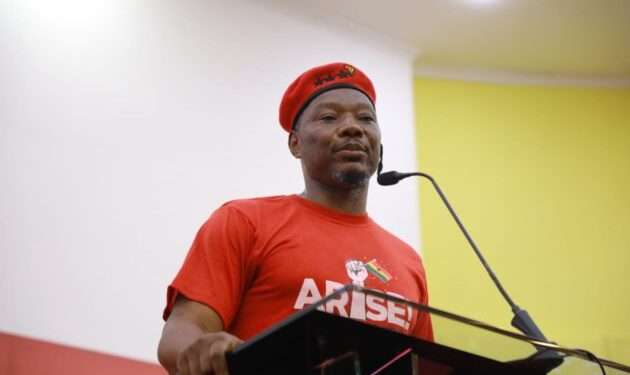
NIB’s Assessment of Key Political figures
Moreover, the former National Chairman of the People’s National Convention expressed deep concerns over reports that the National Intelligence Bureau’s survey included assessments of the influence of key political figures, such as Alan Kyerematen and Nana Kwame Bediako, affectionately referred as Cheddar, on Vice President, Dr Mahamudu Bawumia’s campaign.
He emphasized that the conduct of the National Intelligence Bureau’s reinforced suspicions that the state investigative body has become a partisan tool, a development Mr Mornah described as “scary for the country.
“As it stands now and the report that we have seen, it is exclusive. They are talking about the role Alan Kyerematen’s campaign is playing, the role my brother Cheddar’s campaign is playing, and how it is going to affect the chances of Bawumia”.
Bernard Mornah, Convenor for Arise Ghana Movement
His remarks reflect a broader sentiment that the National Intelligence Bureau’s actions could undermine the impartiality and trust in state institutions.
The implications of these actions are significant. The National Intelligence Bureau’s diversion into party politics not only detracts from its primary security functions but also risks damaging public trust in state institutions.
For a country to maintain a stable and democratic society, it is crucial that its institutions remain non-partisan and focused on their official mandates.
The controversy surrounding the National Intelligence Bureau’s survey underscores the need for state institutions to refrain from any conduct that could attract public negative sentiment.
It is essential for the integrity and trust of these institutions that they remain impartial and dedicated to their primary responsibilities.
Ensuring that state resources are used appropriately and transparently will help to build and sustain public confidence, which is foundational to the health of any democracy.
READ ALSO: Tense Protests in Kenya as Citizens Oppose Proposed Tax Increase



